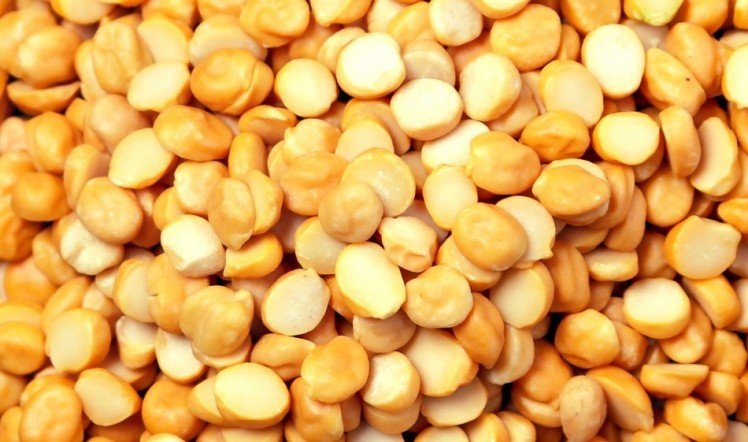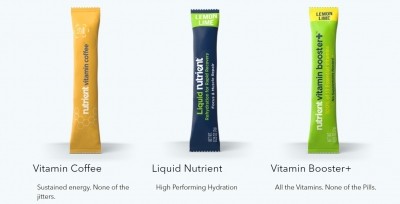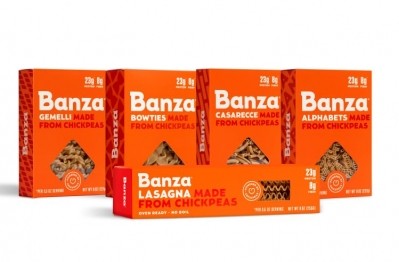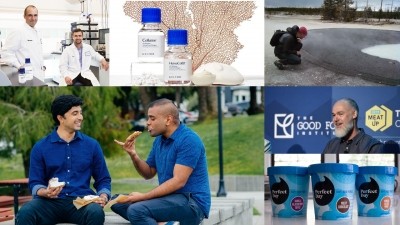Merit Functional Foods secures FDA GRAS status for entire plant proteins portfolio

A joint venture between former executives of Manitoba Harvest Hemp Foods and Burcon NutraScience Corporation, Merit Functional Foods is currently building an 88,000-square-foot facility in Winnipeg to produce pea and canola proteins, which will be completed by the fourth quarter of 2020.
While currently listed as 'pending' on the FDA's website, Merit confirmed with FoodNavigator-USA that it has received a no questions letter from the FDA regarding Peazazz (90% protein content and suited for RTD protein shakes, non-dairy alternatives, and protein powders) and Peazac (80% protein content suited for bars, meat analogues, and baked goods) ingredients.
Merit’s product portfolio consists of three product family offerings, sourced and produced in Canada: pea, non-GMO canola, and MeritPro (a blend of pea and canola protein). Burcon received a letter of no objections from the FDA responding to its GRAS determination for canola protein in August 2010 (which lists ADM as the notifier because the company was Burcon's licensee for canola protein at the time).
“We’re thrilled to have received this designation from the FDA, as it is a significant milestone in the introduction of our plant protein ingredients to the industry,” Merit co-CEO Ryan Bracken said.
“This substantiates the extensive amount of development, research, and review that has been invested in these game-changing ingredients.”
As Bracken previously told FoodNavigator-USA, Merit’s functional plant proteins address many of the negative sensory attributes often linked to many plant proteins on the market today.
Using Burcon's proprietary extraction technology, Merit is able to achieve upwards of 90% purity in both its pea and canola protein ingredients (meaning there are no additional fibers or starches, and just the protein itself), which creates a better-tasting and highly-soluble finished product, according to the company.
"From a purity perspective, anyone buying our pea or canola protein will be looking at a 10% increase in purity of the protein. Effectively, what that means if you’re looking to fortify with 10 g of protein or 20 g of protein, you can use a lot less raw materials from us, which is great thing for formulators," said Bracken.
Burcon president and CEO Johann F. Tergesen added, “It is exciting to have achieved this significant commercial milestone, which is important for the acceptance and use of these proteins by global food and beverage companies.”



















